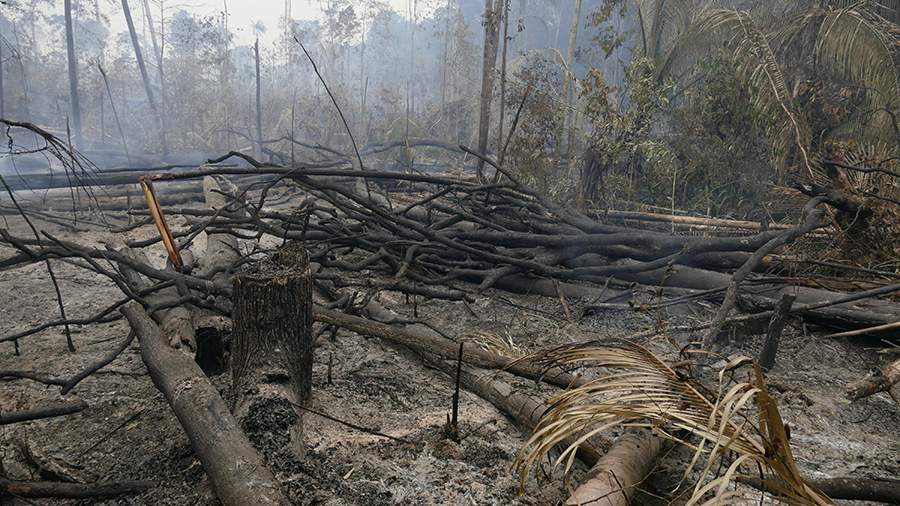The inhabitants of the Earth are facing the sixth wave of mass extinction. This was stated by a professor at Stanford University Paul Ehrlich in an interview with the Daily Mail.
WWF is warning that the world will be heading towards the largest mass extinction since the days of the dinosaurs over the next decade. Millions of plants and animals are on the verge of extinction.
Scientists fear that a sixth wave of mass extinction could occur right before our eyes. This is possible due to over-deforestation, hunting and fishing.
Paul Ehrlich says mass extinction is just one of the interconnected existential threats facing civilization, while others include climate disruption, global poisoning and a resumption of the nuclear arms race.
“While there is some debate about the reasons for the previous five mass extinctions, there is no word in the scientific community about the reason for the ongoing sixth – there are too many people, and the richest of them consume too much, and all this is compounded by gender, racial and economic inequality”, – added Ehrlich.
According to the professor, everything that we will do in the next 10-50 years will determine the future of humanity.
To date, there have been five mass extinctions on Earth. The last wave was 66 million years ago. Then a giant asteroid destroyed the dinosaurs.
In December it became known that a “black box” of the Earth would be installed in Australia. The device will record information about the environmental situation. Data on the temperature of the earth, water, and the extinction of species will be saved.
The project was developed by researchers from the University of Tasmania. The device is a monolith of steel 7.5 cm thick. The recorder will be solar powered. Construction of the structure will begin in mid-2022.
Earlier in March, scientists discovered that Earth’s atmosphere would remain stable for another billion years.
However, in their opinion, after the established period, there will be practically no oxygen on the planet due to a sharp increase in the activity of the Sun, which will lead to a decrease in carbon dioxide and provoke disruptions in the process of photosynthesis.
Source: IZ
Jane Stock is a technology author, who has written for 24 Hours World. She writes about the latest in technology news and trends, and is always on the lookout for new and innovative ways to improve his audience’s experience.




